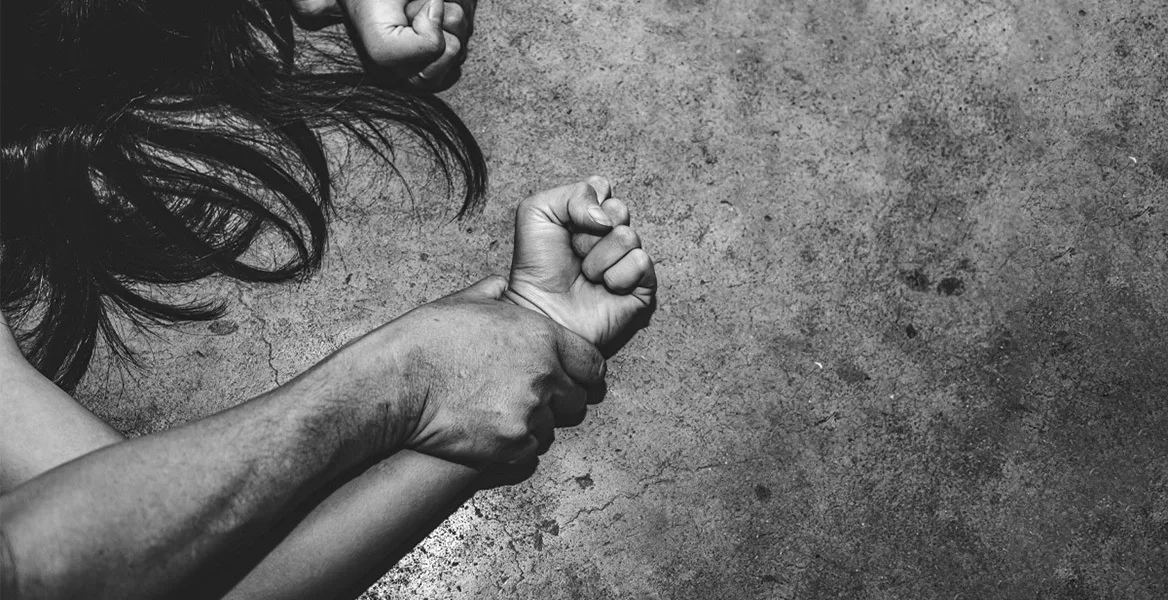The European Court of Human Rights (ECHR) has found that Cypriot authorities failed to conduct a proper investigation into the case of a British woman whose conviction for lying about being gang-raped in Ayia Napa was overturned.
Case Background
The woman, who was 18 years old at the time, reported being raped by several Israeli men in July 2019. However, ten days later, following a six-hour interrogation with only two short breaks and no lawyer or welfare services present, she signed a retraction at 1:15 a.m. and was arrested for committing public mischief.
In January 2020, the Famagusta District Court sentenced her to four months’ imprisonment, suspended for four years, but the Supreme Court of Cyprus overturned the conviction in January 2022, citing failures in the investigative process.
ECHR Findings
The ECHR concluded that Cypriot authorities did not fulfill their obligation to effectively investigate the rape complaint or adopt a victim-sensitive approach, leading to the applicant’s anguish and distress.
The court unanimously found that Cyprus breached:
- Article 3: Lack of effective investigation.
- Article 8: Right to respect for private and family life of the European Convention on Human Rights.
The ECHR ordered Cyprus to pay the woman 20,000 euros (£16,500) in damages and 5,000 euros (£4,125) in costs and expenses.
Investigation Shortcomings
The ECHR judgment highlighted serious investigative failures, noting that the chief investigator and attorney general’s counsel did not meaningfully examine evidence suggesting a lack of consent.
The court criticized authorities for accepting suspects’ statements at face value, despite evidence that one suspect had suggested arranging sex for his friends and others had made crude statements about their intentions.
Systemic Gender Bias
The court noted that the case revealed biases against women in Cyprus, hindering effective protection of victims’ rights and potentially fostering a climate of impunity.
Reaction from Justice Abroad
Michael Polak, director of Justice Abroad and the woman’s legal representative, called the ruling a “landmark decision” for victims of sexual violence.
“This decision reinforces the fundamental principle that allegations of sexual violence must be investigated thoroughly and fairly, without institutional obstruction,” he said.
Polak urged the Cypriot attorney general to reconsider the case and initiate a proper investigation with external investigators, emphasizing the need for a robust framework for investigating and prosecuting sexual offenses in Cyprus.
Empowering Victims
The verdict is seen as a step forward in empowering survivors of sexual violence to speak out and demand accountability from authorities, potentially leading to systemic changes in Cyprus’s criminal justice system.
If you need this for a specific publication or have any other questions, let me know!

